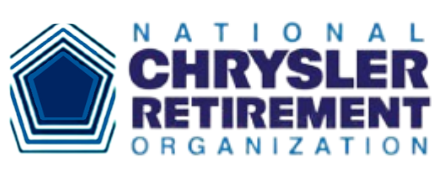A New Vision for Retirement
In the past, retirement often meant stepping away from work around age 65, then enjoying a relatively short period of leisure. Today, many retirees will live well into their 80s or 90s, with many years to fill. That shift brings with it the need to think differently about how we approach our later years—balancing financial security, health, and personal fulfillment.
Retirement is increasingly being seen as a time for reinvention. Some retirees are starting second careers, pursuing lifelong passions, or engaging in volunteer work that keeps them active and connected to their communities. This “second act” mindset doesn’t just provide purpose—it also contributes to mental and physical well-being.
Health Care in an Aging Society
Emerging technologies—such as telemedicine, wearable health devices, and personalized medicine—are transforming how retirees can manage their health. Video visits with doctors reduce travel burdens, fitness trackers encourage daily activity, and genetic testing can help create individualized wellness plans. Additionally, advances in regenerative medicine and longevity research hold promise for extending not just lifespan but “healthspan”—the number of years we live in good health.
Financial Planning for Longer Lives
The key takeaway is that longevity should be factored into every retirement plan. Running out of savings is one of the greatest fears among retirees—but with proactive planning and periodic adjustments, that risk can be minimized.
Healthy Aging as a Lifestyle
Communities that prioritize walkable neighborhoods, accessible fitness programs, and lifelong learning opportunities will play a major role in supporting older adults. The more retirees can remain engaged, mobile, and socially connected, the better their health outcomes tend to be.



